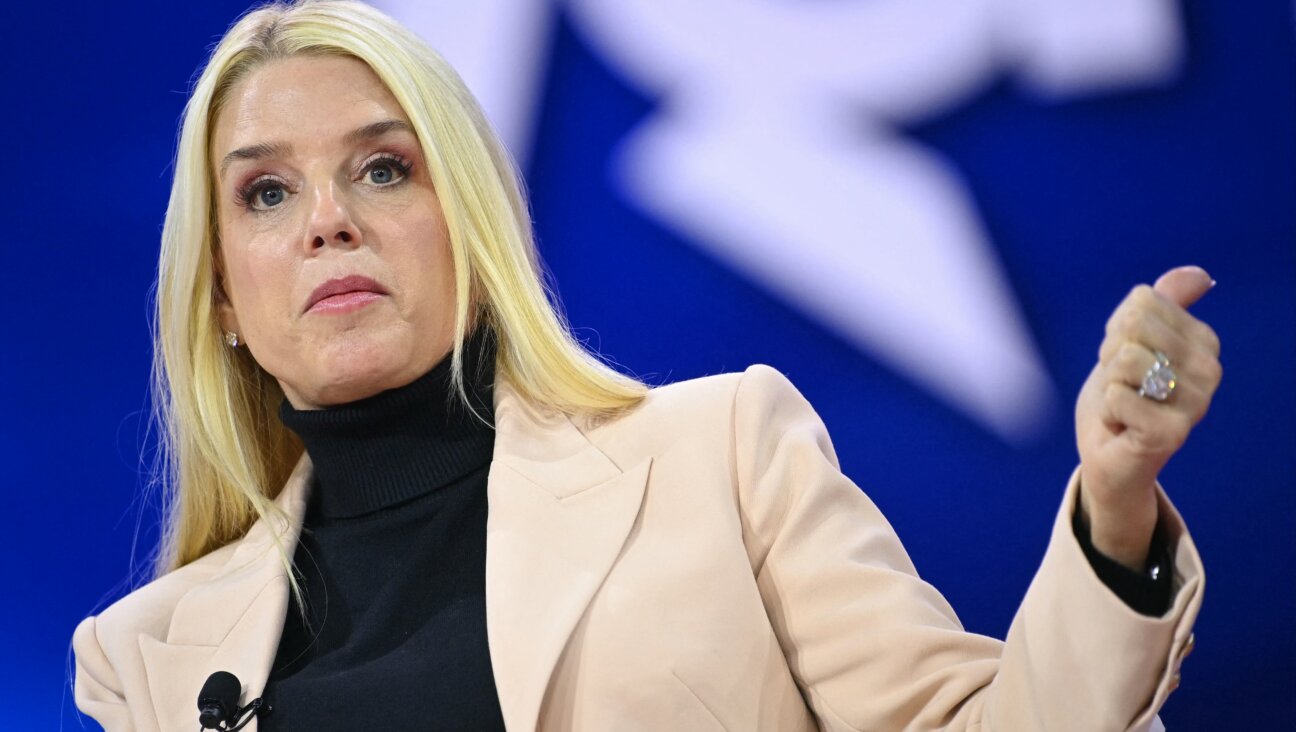A Sign Stolen, A Book Abandoned, History Assaulted
This past summer I walked under the “arbeit macht frei” sign at Auschwitz, under the ominous symbol that I first learned about as a girl. I was with a group of five other women, each of us graduate-student fellows at the Auschwitz Jewish Center.
This morning I woke up to learn that the sign was stolen.
The vandalism — an assault on history — comes on the heels of something I witnessed yesterday, occurring thousands of miles from where the sign, until today, pronounced “work sets you free.” At the core of my experience is also a story about the place of Auschwitz in contemporary society. And to me, at least, it feels just as brutal as the stolen sign.
Let’s transition from Auschwitz to a university campus in the American Northeast.
We are currently in the middle of prime textbook “buyback” season for university students. Yesterday I participated in this ritual, bringing my linear regression book to the university bookstore, hoping for a few bucks. As I waited in line to sell back my textbook, I watched as two undergraduates lifted bags onto the counter.
My attitude toward them was already self-righteous — my Ph.D.-level snobbery coloring their undergraduate behavior. Jeez, I thought, why even buy the books in the first place if they mean so little to you?
The first student made more than $170 in textbook “buybacks.” Clearly happy with his earnings, he watched as his friend waited to see how much his books would fetch him. The second student, wearing sunglasses, even though he was indoors, shook his head as the woman behind the counter said she would buy back his politics books, but that he’d only get between $6 and $12 each.
His friend laughed at the low buyback rate: “That’s what you get for studying poly-sci,” he said. “It pays to be in the business school!”
The second student then held up Primo Levi’s “Survival in Auschwitz,” for the clerk to scan.
I stared in dismay, watching as one of the most poignant literary accounts to emerge from the Holocaust was about to get bought-back.
How much did Primo Levi’s tale fetch in today’s marketplace?
“$3,” said the clerk. The student’s shrug indicated that the price would suffice.
($3 for a written account of Auschwitz?! That doesn’t buy you a latte.)
“Come on,” said the first student, whose $170 far out-earned his poli-sci classmate’s $70. “I’ll buy you lunch.”
I was dumbstruck by this small act of a student’s indifference. I had to remind myself that just because I study the Holocaust doesn’t mean everyone will find it relevant to them. I thought about the author, who survived Auschwitz and ultimately killed himself in 1987. His testimony completely lost on the young man.
Yet I couldn’t totally blame this student. As a professor-in-training I believe it’s up to instructors to make their students care. To destroy their apathy. And as a woman – since women are usually charged with passing on memory and telling stories – I feel that I have an added responsibility to personalize the history of the Holocaust.
I brought my statistics book to the counter, still staring at the discarded “Survival in Auschwitz.” I wanted to rescue it but I was silent. I accepted $6 for my statistics textbook and made my way to Starbucks feeling depressed.
And then this morning, I heard the news of the Auschwitz sign having been stolen. There is no room for apathy in a world filled with so much hatred.
Maybe this morning the student is thinking about Primo Levi and the fact that history does have a place in contemporary society. I can only hope that next semester, another apathetic student will buy that particular “Survival in Auschwitz” and that the professor will be so influential that the book will find a permanent home in the student’s dorm room.
Let’s hope.
Hinda Mandell blogs at http://littlechickenmedia.com.
A message from our CEO & publisher Rachel Fishman Feddersen

I hope you appreciated this article. Before you go, I’d like to ask you to please support the Forward’s award-winning, nonprofit journalism during this critical time.
We’ve set a goal to raise $260,000 by December 31. That’s an ambitious goal, but one that will give us the resources we need to invest in the high quality news, opinion, analysis and cultural coverage that isn’t available anywhere else.
If you feel inspired to make an impact, now is the time to give something back. Join us as a member at your most generous level.
— Rachel Fishman Feddersen, Publisher and CEO























